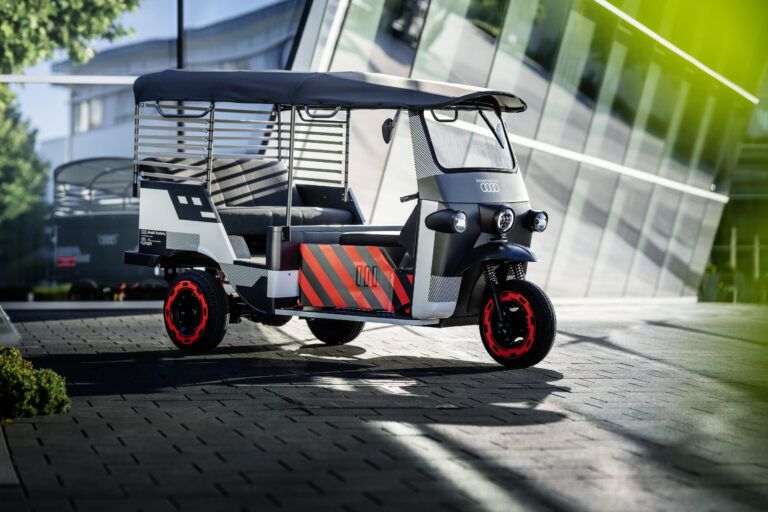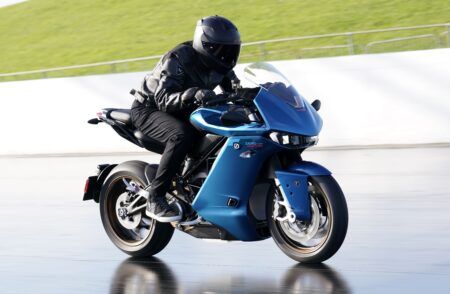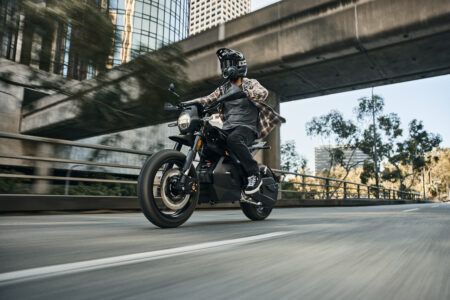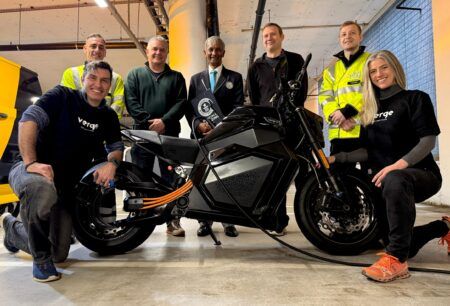Audi is giving its electric vehicle batteries a second lease of life and bringing to life electric rickshaws in India thanks to an initiative that sees used batteries from its e-tron test fleet repurposed.
Working in collaboration with non-profit start up Nunam, the project is to explore how modules made with high-voltage batteries can be reused after their car life cycle and become a viable second-life use case.
Nunam created three e-rickshaw prototypes powered by second-life batteries and are scheduled to hit the roads in India for the first time in a pilot project in early 2023.
With a high-energy-density battery and comparatively low vehicle weight, the electric motor doesn’t have to be particularly powerful, since rickshaw drivers in India travel neither fast nor far. While electrically powered rickshaws are not an uncommon sight on the roads of the subcontinent today, they often run on lead-acid batteries, which have a relatively short service life and are often not disposed of properly.
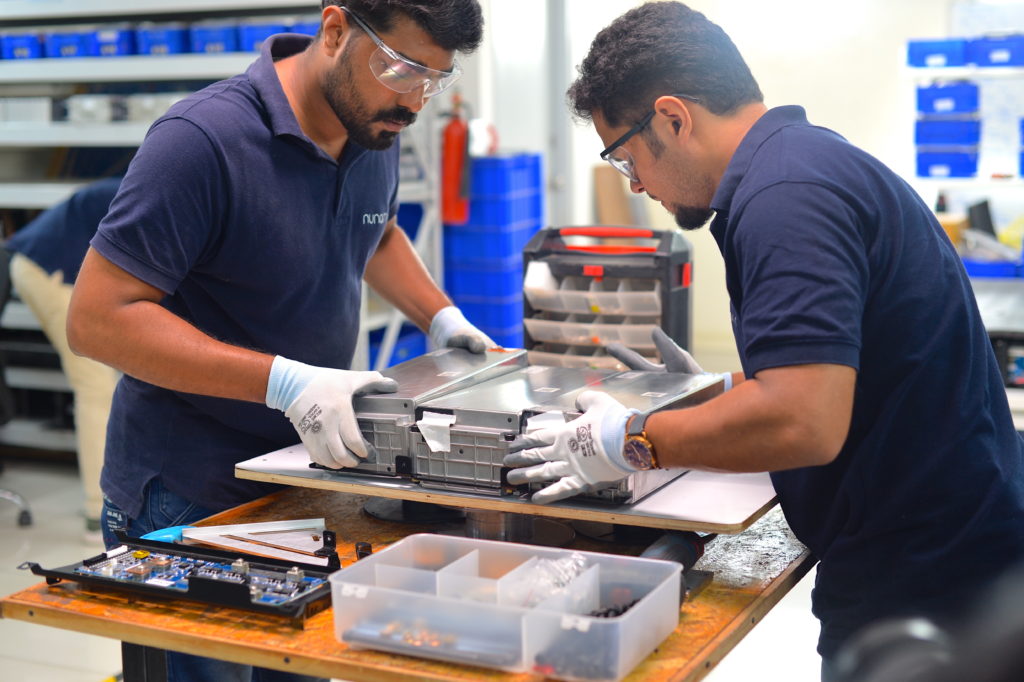
At the same time, rickshaw drivers charge their vehicles primarily with public grid electricity, which has a high proportion of coal-fired power in India. Nunam has a solution for this as well: The e-rickshaws charge using power from solar charging stations. The solar panels are located on the roofs of the local partner’s premises. During the day, sunlight charges an e-tron battery, which acts a buffer storage unit. And in the evening, the power is passed on to the rickshaws. This approach makes local driving largely carbon-free. The upshot: The electric rickshaws can be used throughout the day – and still be charged with green power during the evening and night. In India, where the sun shines all year round, placing solar panels on the roof is a no-brainer. The charging station was also developed internally.
After the battery has spent its first life in an Audi e-tron and its second in an e-rickshaw, it has not necessarily reached the end of the road. In a third step, the batteries’ remaining power might be used for stationary applications such as LED lighting.
Nunam cofounder Prodip Chatterjee said: “When used appropriately, second-life batteries can have a huge impact, helping people in challenging life situations earn an income and gain economic independence – everything in a sustainable way. Car batteries are designed to last the life of the car. But even after their initial use in a vehicle, they still have a lot of their power.”
The project also aims to strengthen job opportunities for women in India as Nunam will be providing the e-rickshaws to transport their goods.


